Home>Articles>What Type Of Electrical Cord Is Used With A Dishwasher
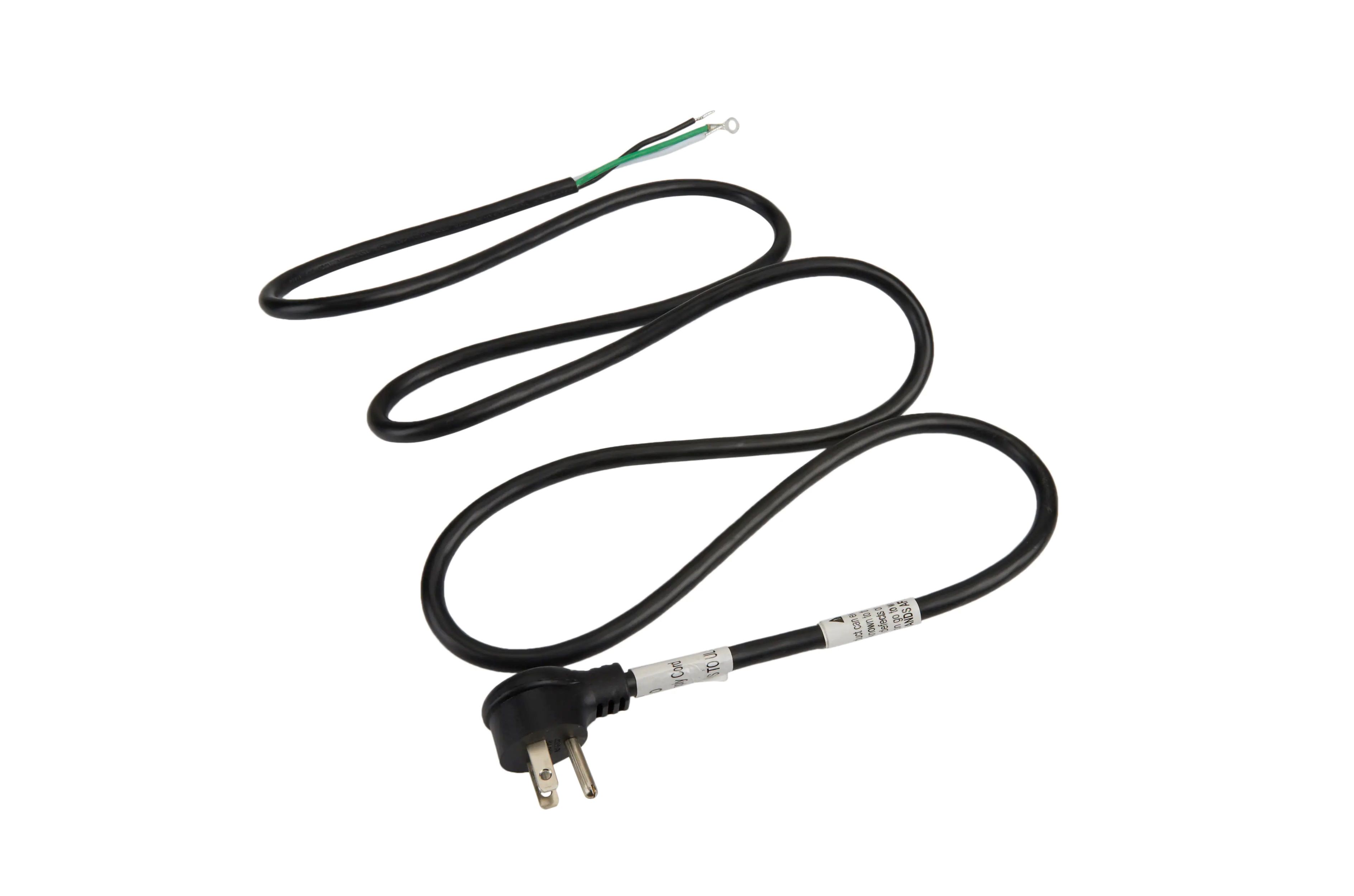

Articles
What Type Of Electrical Cord Is Used With A Dishwasher
Modified: October 28, 2024
Discover the different types of electrical cords used with dishwashers in this informative article. Learn which cord is the best choice for your appliance.
(Many of the links in this article redirect to a specific reviewed product. Your purchase of these products through affiliate links helps to generate commission for Storables.com, at no extra cost. Learn more)
Introduction
Welcome to our comprehensive guide on the types of electrical cords used with dishwashers. As a vital component in every modern kitchen, dishwashers require a reliable and efficient source of electricity to function properly. The electrical cord plays a crucial role in delivering power to the dishwasher, ensuring smooth operation and optimal performance. In this article, we will discuss the purpose of an electrical cord for a dishwasher, the different types available, and important considerations when selecting and installing one.
Whether you’re a homeowner looking to replace an old dishwasher cord or a technician in the appliance industry wanting to expand your knowledge, this article will provide you with a wealth of information. By understanding the various options and features available, you can make an informed decision and ensure the safety and functionality of your dishwasher.
Join us as we delve into the world of dishwasher electrical cords and explore their essential role in keeping your dishes sparkling clean.
Key Takeaways:
- The right electrical cord is crucial for a dishwasher’s safe and efficient operation. Consider factors like length, gauge, and safety features to ensure optimal performance and longevity.
- Regular maintenance and care of the electrical cord are essential to prevent hazards and ensure the dishwasher’s safe and reliable operation. Inspect for damage, keep it dry, and avoid overloading or mishandling.
Read more: What Type Of Electrical Cord To Bury
Purpose of an Electrical Cord for a Dishwasher
The purpose of an electrical cord for a dishwasher is to provide a safe and reliable connection between the dishwasher and the power source. It serves as the conduit for delivering the necessary electrical current to power the dishwasher’s motor, controls, and heating elements.
One of the primary functions of the electrical cord is to ensure the dishwasher operates efficiently and effectively. Without a proper connection, the dishwasher may experience power fluctuations, malfunctions, or even fail to start altogether. The electrical cord acts as the lifeline, allowing the dishwasher to function optimally and complete its cleaning cycles with ease.
Furthermore, the electrical cord ensures the dishwasher’s safety by incorporating key features such as grounding and thermal protection. Grounding is an essential safety feature that directs any stray electricity safely into the ground, preventing electrical shocks and potential damage to the appliance or other electrical devices in the vicinity. Thermal protection, on the other hand, safeguards against overheating and prevents damage to the cord or the dishwasher due to excessive heat buildup.
In summary, the purpose of an electrical cord for a dishwasher can be summarized as follows:
- Delivering the necessary electrical current to power the dishwasher’s motor, controls, and heating elements.
- Ensuring the dishwasher operates efficiently and effectively without power fluctuations.
- Protecting against electrical shocks and potential damage through proper grounding.
- Preventing overheating and damage through built-in thermal protection.
By understanding the purpose of the electrical cord, we can select the appropriate type and ensure the safe and reliable operation of our dishwasher.
Types of Electrical Cords
When it comes to selecting an electrical cord for your dishwasher, there are a few different types to consider. The type of cord you choose will depend on various factors, including the power requirements of your dishwasher, the location of the power outlet, and any specific regulations or guidelines in your area. Here are some common types of electrical cords for dishwashers:
- Standard Electrical Cord: This is the most commonly used type of electrical cord for dishwashers. It typically consists of a three-prong plug on one end and a three-wire cable with a strain relief connector on the other end. The prongs are designed to fit into a standard household electrical outlet, while the cable connects to the dishwasher’s power input. These cords are readily available at most home improvement stores and are compatible with most dishwasher models.
- Heavy-Duty Electrical Cord: As the name suggests, heavy-duty electrical cords are designed for dishwashers with higher power requirements. These cords are built to handle greater electrical loads and are made with thicker, more durable wires. They usually have a higher amp rating and are capable of delivering more power to the dishwasher. Heavy-duty cords are useful when installing a dishwasher that requires more electrical capacity or in situations where the distance between the dishwasher and the power outlet is significant.
- Extension Cord: In some cases, the power outlet for your dishwasher may be located far from the kitchen sink or installation area. In such situations, you may need to use an extension cord to reach the outlet. It is important to note that not all extension cords are suitable for dishwasher use. You should select an extension cord that is specifically designed for heavy appliances and is capable of handling the power requirements of your dishwasher. It is recommended to use an extension cord with a grounded plug and matching amp rating to ensure safety and optimal performance.
- Custom-Made Cord: In certain situations, you may find that the standard cords available do not meet your specific requirements. In such cases, you can opt for custom-made cords or cables. These are typically designed and assembled by professional electricians or technicians who can ensure that the cord meets the necessary electrical and safety standards. Custom-made cords are ideal for situations where you have unique power outlet configurations or special installation requirements.
When selecting an electrical cord for your dishwasher, it is important to consider factors such as the power requirements of your dishwasher, the distance between the dishwasher and the power outlet, and any specific regulations or guidelines that may apply in your area. By choosing the right type of cord, you can ensure a safe and reliable power connection for your dishwasher.
Standard Electrical Cord for Dishwashers
A standard electrical cord for dishwashers is the most commonly used type of cord and is compatible with most dishwasher models. It is designed to provide a safe and reliable power connection between the dishwasher and the electrical outlet. Let’s take a closer look at the features and components of a standard dishwasher electrical cord:
Plug: The plug end of the cord is designed to fit into a standard household electrical outlet. It typically consists of three prongs: two flat prongs for the live and neutral wires and a round prong for grounding. The prongs are made of durable materials and have a secure connection to the electrical outlet.
Wire Cable: The wire cable is an essential component of the electrical cord, carrying the electrical current from the outlet to the dishwasher. It is usually made of copper, a highly conductive material that allows for the efficient flow of electricity. The cable is insulated to protect against electrical shocks and prevent damage to the wires.
Strain Relief Connector: The opposite end of the cord features a strain relief connector, which connects to the dishwasher’s power input. This connector ensures a secure and stable connection by relieving tension on the cable, preventing it from being accidentally pulled out or damaged during normal usage.
Standard electrical cords for dishwashers are available in various lengths to accommodate different installation requirements. It is important to choose a cord length that allows for easy and convenient connection without excess slack or tension. It is generally recommended to have a cord length of at least 4-6 feet to provide flexibility during installation.
Electrical cords for dishwashers also come in different gauges, indicated by the American Wire Gauge (AWG) rating. The gauge refers to the thickness of the wire inside the cord, with lower numbers indicating thicker wires capable of handling higher electrical loads. For most standard dishwashers, a 14 or 16 AWG cord is typically sufficient.
When purchasing a standard electrical cord for your dishwasher, ensure that it is UL listed or meets the safety standards of your region. This ensures that the cord has undergone rigorous testing to ensure it is safe for use in residential settings.
It is worth noting that not all dishwashers come with an electrical cord included. Some manufacturers may require you to purchase the cord separately, allowing you to choose the specific length and type that suits your installation needs. Always refer to the manufacturer’s instructions and guidelines when selecting and installing the electrical cord for your dishwasher.
Length and Gauge Considerations
When selecting an electrical cord for your dishwasher, considering the length and gauge of the cord is crucial to ensure optimal performance and safety. Here are some important considerations regarding length and gauge:
Length: The length of the electrical cord is an important factor to consider during dishwasher installation. It determines the distance between the dishwasher and the electrical outlet. It is advisable to choose a cord length that provides flexibility and convenience during installation without excessive slack or tension. A cord that is too short may make it challenging to reach the outlet, while a cord that is too long can create unnecessary clutter or increase the risk of tripping hazards. The recommended cord length is typically between 4 to 6 feet, but it’s best to measure the distance between your dishwasher and the outlet to determine the ideal length for your specific setup.
Gauge: The gauge of an electrical cord refers to the thickness of the wire inside the cord. It is essential to choose a cord with the appropriate gauge to ensure it can handle the electrical load of your dishwasher. The gauge is measured using the American Wire Gauge (AWG) system. The lower the AWG number, the thicker the wire and the higher the electrical capacity of the cord. Standard dishwashers usually require a cord with a 14 or 16 AWG rating. However, if you have a dishwasher with higher power requirements or the distance between the dishwasher and the outlet is longer than average, it may be advisable to opt for a thicker cord with a lower AWG rating. This allows for efficient power transfer without the risk of overloading or overheating the cord.
It’s important to note that using an undersized or inadequate gauge cord can lead to issues such as voltage drop, reduced efficiency, and potential damage to the dishwasher or the electrical system. On the other hand, using a cord that is too thick for your dishwasher’s power requirements may be unnecessary and result in unnecessary costs. Therefore, it is crucial to consult the manufacturer’s guidelines or seek advice from a professional to select the appropriate gauge for your specific dishwasher model and installation setup.
Additionally, always ensure that the electrical cord you choose is properly rated for dishwasher use and complies with local electrical safety standards. Look for cords that are UL (Underwriters Laboratories) listed or certified to ensure they meet the necessary safety requirements. This ensures the cord has undergone rigorous testing and provides peace of mind knowing that it is safe for use in your home.
By considering the length and gauge of the electrical cord, you can ensure a proper and safe power connection for your dishwasher, allowing it to operate efficiently and effectively.
When choosing an electrical cord for a dishwasher, make sure to use a 3-prong, grounded cord that is rated for the appropriate voltage and amperage for your specific dishwasher model. It’s important to follow the manufacturer’s guidelines to ensure safety and proper functionality.
Read more: What Type Of Electrical Cord Has A Ground?
Safety Features in Dishwasher Electrical Cords
Electrical safety is of utmost importance when it comes to using dishwasher electrical cords. To ensure the safety of both the appliance and the users, manufacturers incorporate various safety features into the design of electrical cords. Here are some common safety features to look for:
Grounding: Grounding is an essential safety feature in dishwasher electrical cords. It provides a path for the electrical current to safely dissipate in the event of a fault or short circuit. Grounding helps prevent electrical shocks and protects the dishwasher and other electrical appliances in your home. A grounded cord has a third prong, typically a round prong, which connects to the grounding wire in the electrical system or outlet. This feature redirects any stray electricity safely into the ground, ensuring the safety of both the user and the appliance.
Thermal Protection: Thermal protection is another important safety feature found in some dishwasher electrical cords. It helps prevent the cord from overheating due to excessive electrical current or prolonged usage. The thermal protection feature monitors the temperature of the cord and automatically shuts off the power supply if the temperature exceeds a certain threshold. By doing so, it prevents damage to the cord and reduces the risk of fire hazards caused by overheating.
Strain Relief: Strain relief is a safety feature located at the connector end of the cord. It helps protect the electrical wires from being inadvertently pulled or stressed, which could result in damage to the cord or exposure of the wires. The strain relief connector is designed to secure the cord to the dishwasher, creating a firm connection and reducing the risk of accidental disconnection during normal usage. It helps prolong the lifespan of the cord and ensures safe and reliable operation.
Overload Protection: Some dishwasher electrical cords may incorporate overload protection mechanisms to safeguard against excessive power usage. Overload protection devices monitor the electrical load and automatically disconnect the power supply if the current exceeds a certain threshold. This protection feature helps prevent damage to the cord, the dishwasher, and the electrical system in case of a power surge or abnormal electrical conditions.
UL Listing: Look for dishwasher electrical cords that are UL (Underwriters Laboratories) listed or certified. UL listing ensures that the cord has undergone thorough testing and meets stringent safety standards. It provides assurance that the cord has been designed and manufactured to provide safe and reliable operation in residential settings.
When purchasing a dishwasher electrical cord, make sure it has the necessary safety features and meets the required safety standards. Following proper installation guidelines and adhering to local electrical codes and regulations further ensures the safety of your electrical system and the longevity of your dishwasher.
Remember, electrical work should be carried out by qualified professionals who have the knowledge and experience to ensure a safe and reliable installation. If you have any doubts or concerns, it is always best to consult with an electrician or contact the manufacturer for guidance.
Installation Process for Dishwasher Electrical Cords
The installation process for dishwasher electrical cords should be approached with caution and following proper guidelines to ensure a safe and efficient connection. Here is a step-by-step overview of the installation process:
- Ensure the power is off: Before starting the installation, make sure the power to the dishwasher is turned off at the circuit breaker or fuse box. This will help prevent any electrical accidents or shocks during the installation process.
- Identify the power source: Locate the power outlet or junction box that will be used to connect the dishwasher electrical cord. It should be easily accessible and within reach of the dishwasher’s power input.
- Measure and cut the cord: Measure the distance between the power source and the dishwasher to determine the required length of the cord. Using a wire cutter or appropriate tool, cut the electrical cord to the desired length, ensuring to leave some slack for flexibility.
- Prepare the cord ends: Strip the outer insulation of the cord’s wires using a wire stripper, exposing about half an inch of bare wire. If the cord has a grounding wire, ensure it is properly connected and stripped as well.
- Connect the cord to the dishwasher: Refer to the dishwasher’s installation manual for specific instructions on how to connect the electrical cord to the dishwasher’s power input. It typically involves connecting the correct wires to their respective terminals, ensuring a secure and tight connection. Follow the manufacturer’s guidelines to ensure proper connection and avoid any damage to the dishwasher.
- Connect the cord to the power source: Plug the cord’s prongs into the corresponding slots of the power outlet, ensuring a snug fit. Make sure the grounding prong is securely connected to the grounding terminal or wire in the outlet to ensure proper grounding and prevent electrical shocks.
- Secure the cord: Use cable clips or clamps to secure the electrical cord along its path, keeping it tidy and out of the way to avoid any potential tripping hazards or accidental damage.
- Test the connection: Once the installation is completed, turn on the power at the circuit breaker or fuse box and test the dishwasher to ensure it is receiving power correctly. Verify that all controls and functions are working properly.
- Perform a visual inspection: After installation, perform a visual inspection to check for any signs of damage, loose connections, or frayed wires. Regularly inspect the cord to ensure it remains in good condition over time.
It is important to note that electrical work should be carried out by qualified professionals or individuals with electrical knowledge and experience. If you are unsure or uncomfortable with the installation process, it is best to seek the assistance of an electrician to ensure a safe and reliable connection.
Always follow the manufacturer’s instructions and guidelines specific to your dishwasher model as installation steps may vary. Additionally, be sure to comply with local electrical codes and regulations to ensure safety and adherence to legal requirements.
By following these installation steps and taking the necessary precautions, you can ensure a proper and secure installation of your dishwasher electrical cord, providing power to your dishwasher and allowing it to operate effectively and safely.
Maintenance and Care of Electrical Cords for Dishwashers
Proper maintenance and care of electrical cords for dishwashers are essential to ensure their longevity, safety, and optimal performance. Here are some important tips to keep in mind:
- Regular Inspections: Periodically inspect the electrical cord for any signs of damage, such as frayed wires, exposed conductors, or loose connections. If you notice any issues, immediately stop using the dishwasher and replace the cord to prevent potential electrical hazards.
- Keep the Cord Dry: Avoid getting the electrical cord wet to prevent damage to the wires and electrical components. This is particularly important when cleaning the dishwasher or its surroundings. Take care to keep the cord away from water sources and ensure it remains dry at all times.
- Avoid Over-Bending or Twisting: Excessive bending or twisting of the cord can cause internal damage to the wires and insulation, leading to performance issues or electrical faults. Be mindful when moving the dishwasher or handling the cord to avoid putting unnecessary strain on it.
- Avoid Overloading: It is crucial not to overload the electrical circuit by plugging in too many appliances or devices on the same circuit as the dishwasher. Overloading can cause overheating, tripped circuits, or even electrical fires. Check the electrical load limits specified in the dishwasher’s manual and avoid exceeding them.
- Proper Storage: When storing or transporting the dishwasher, ensure the electrical cord is stored in a safe and secure manner. Avoid placing heavy objects on top of the cord or winding it too tightly, as this can cause damage to the wires.
- Avoid Pinching or Crushing: Take care to avoid pinching or crushing the electrical cord between the dishwasher and the wall or any other objects. This can damage the insulation and wires, potentially leading to electrical malfunctions or hazards.
- Proper Removal: When disconnecting the dishwasher or removing the electrical cord, always grasp the plug firmly and pull it straight out from the outlet. Do not yank on the cord itself to remove it, as this can damage the cord or the outlet.
- Professional Assistance: If you encounter any electrical issues or suspect a problem with the electrical cord, it is best to seek the assistance of a professional electrician or contact the manufacturer for guidance. They can offer expertise and ensure any necessary repairs or replacements are done correctly.
By following these maintenance and care tips, you can prolong the lifespan of your dishwasher electrical cord and ensure its safe and reliable operation. Remember that electrical safety should be a top priority, and it is important to exercise caution when handling any electrical components.
Lastly, always consult the manufacturer’s instructions and guidelines specific to your dishwasher model for any additional maintenance recommendations or precautions related to the electrical system.
Conclusion
In conclusion, the electrical cord is a vital component of every dishwasher, providing the necessary power for its operation. By understanding the purpose and types of electrical cords available, you can make an informed decision when selecting the appropriate cord for your dishwasher.
The standard electrical cord is the most commonly used type and is compatible with most dishwasher models. It consists of a plug, wire cable, and strain relief connector, ensuring a safe and reliable power connection. However, in certain cases, heavy-duty cords, extension cords, or custom-made cords may be required to meet specific power requirements or installation configurations.
Safety features such as grounding, thermal protection, and strain relief are incorporated into dishwasher electrical cords to prevent electrical shocks, overheating, and damage. It is important to choose cords that are UL listed or certified to ensure compliance with safety standards.
During installation, follow proper guidelines, consult the manufacturer’s instructions, and adhere to local electrical codes and regulations. Regular maintenance and care of the electrical cord, such as inspecting for damage, keeping it dry, and avoiding over-bending or twisting, will help prolong its lifespan and maintain safe operation.
In summary, the electrical cord plays a crucial role in powering your dishwasher. By selecting the right type, following proper installation procedures, and practicing good maintenance habits, you can ensure a safe and efficient power connection for your dishwasher, allowing it to function at its best and making your daily dishwashing tasks hassle-free.
Remember, if you ever have any doubts or encounter electrical issues, it is best to seek the assistance of a professional electrician or contact the manufacturer for guidance. Electrical safety is paramount, and proper installation and maintenance are key to enjoying the full benefits of your dishwasher while ensuring the safety of your home.
Frequently Asked Questions about What Type Of Electrical Cord Is Used With A Dishwasher
Was this page helpful?
At Storables.com, we guarantee accurate and reliable information. Our content, validated by Expert Board Contributors, is crafted following stringent Editorial Policies. We're committed to providing you with well-researched, expert-backed insights for all your informational needs.
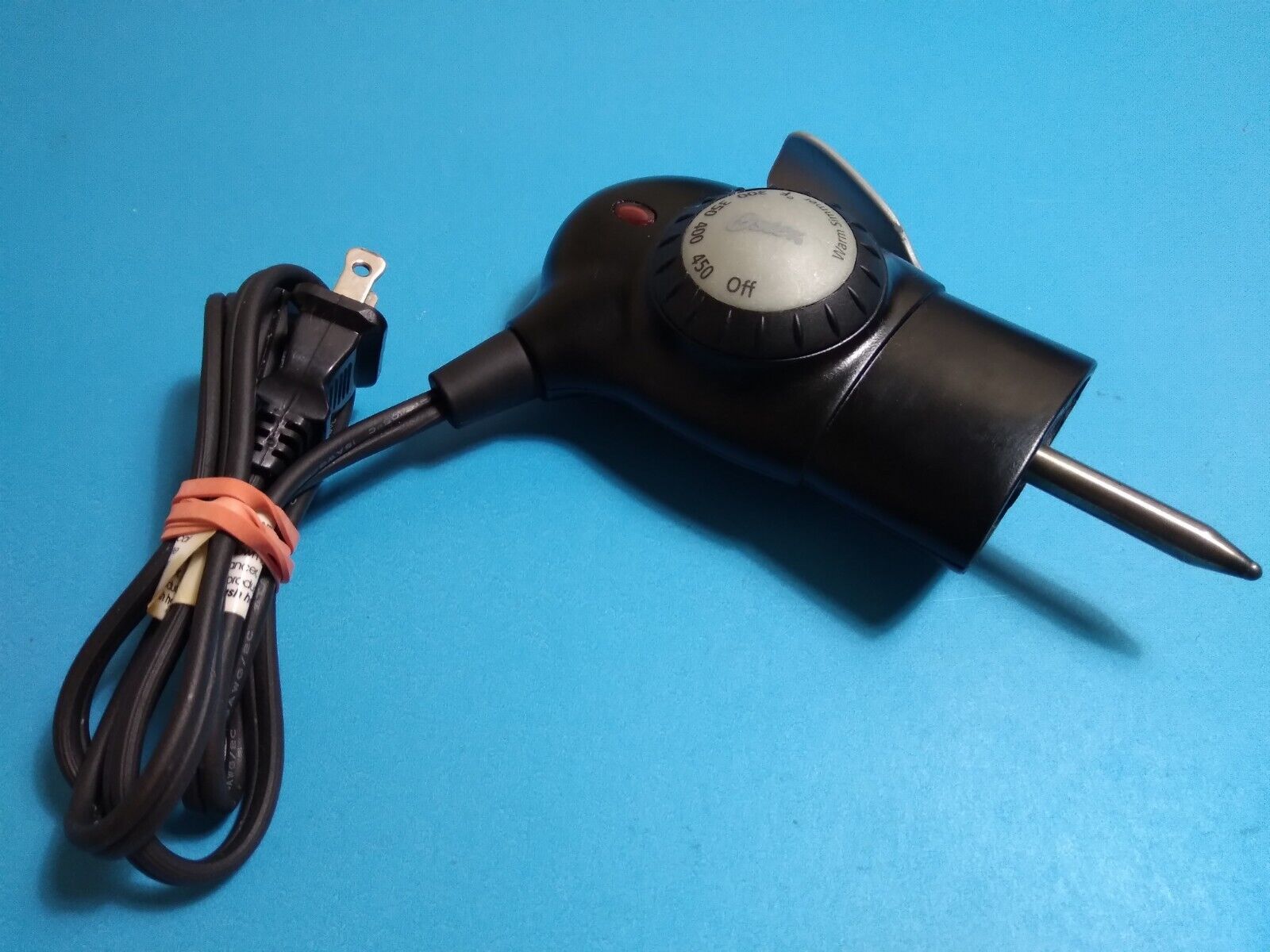
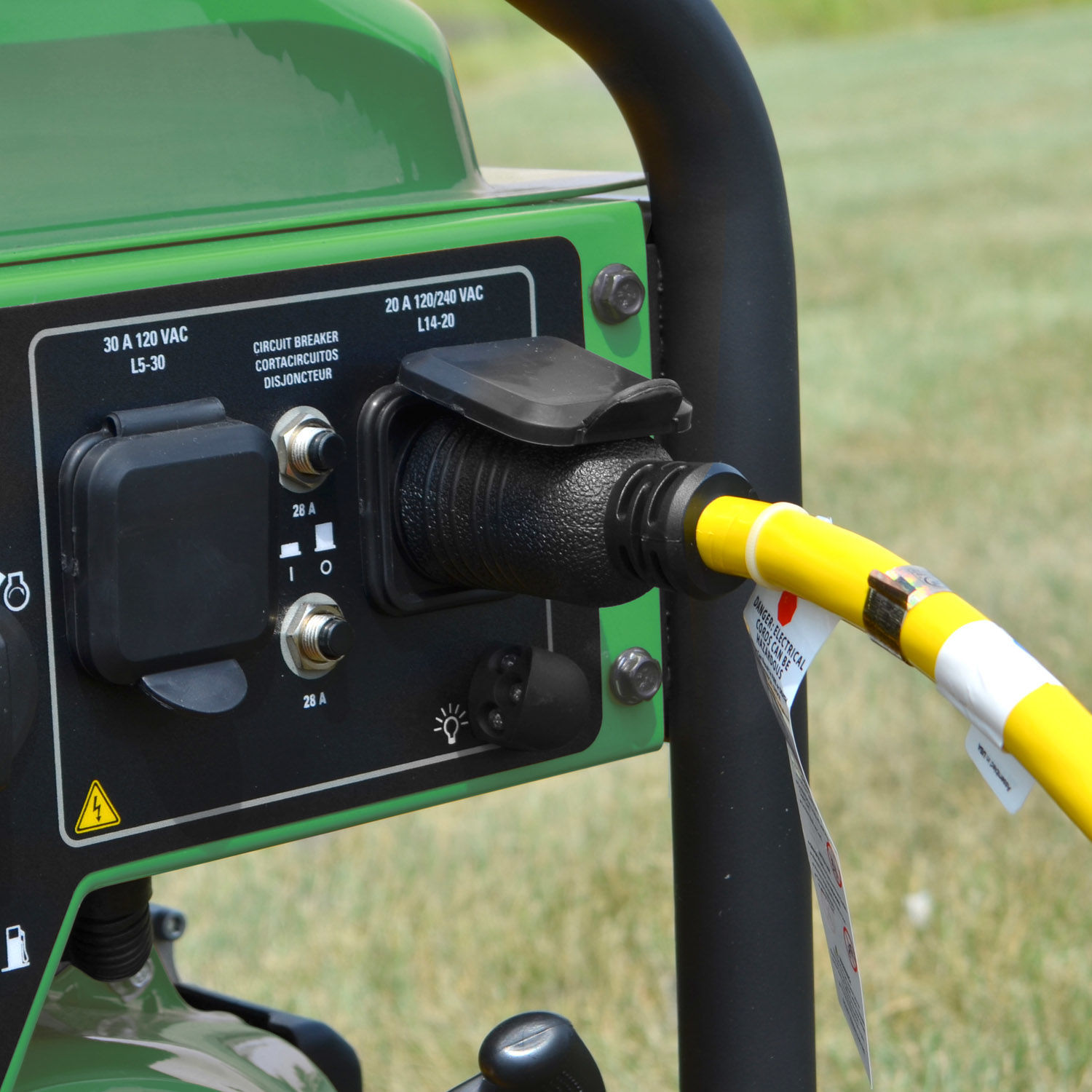
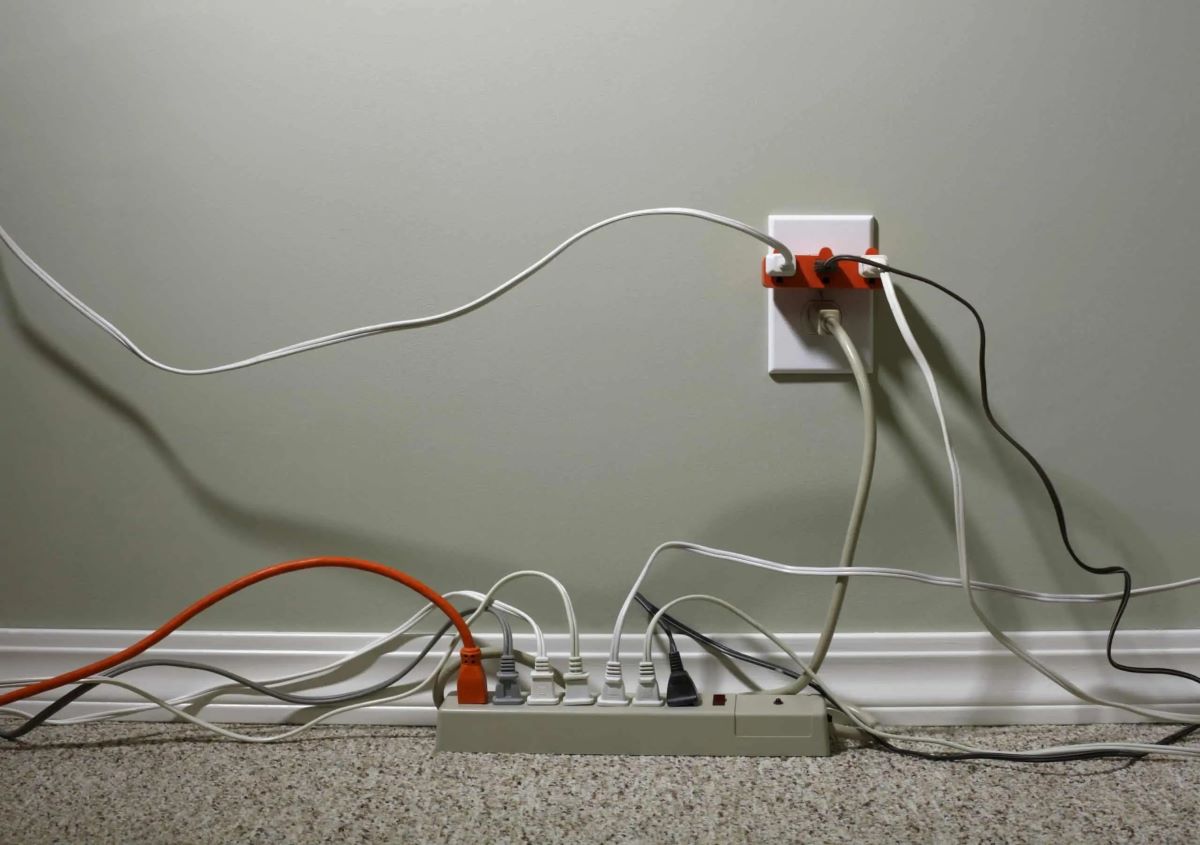
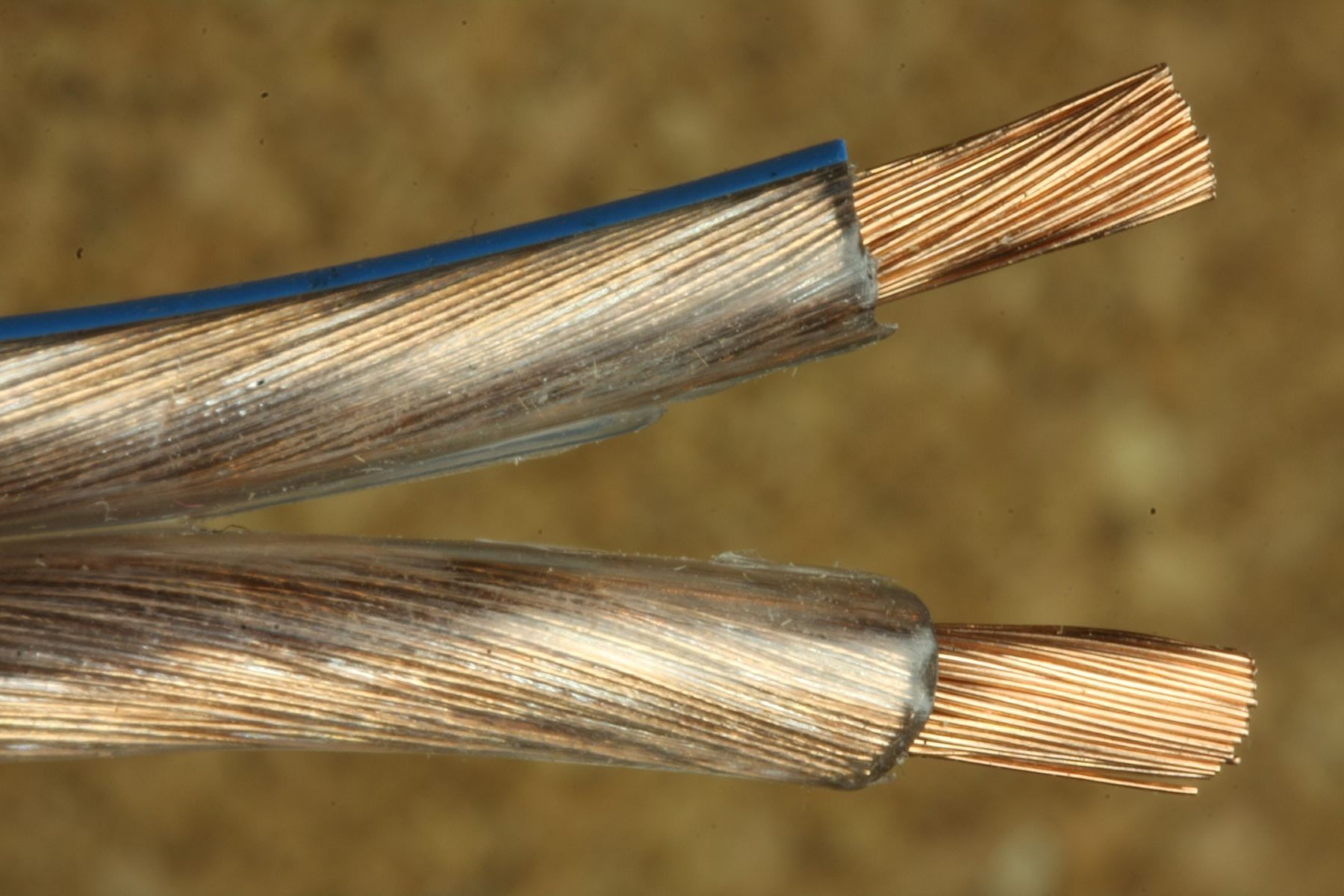
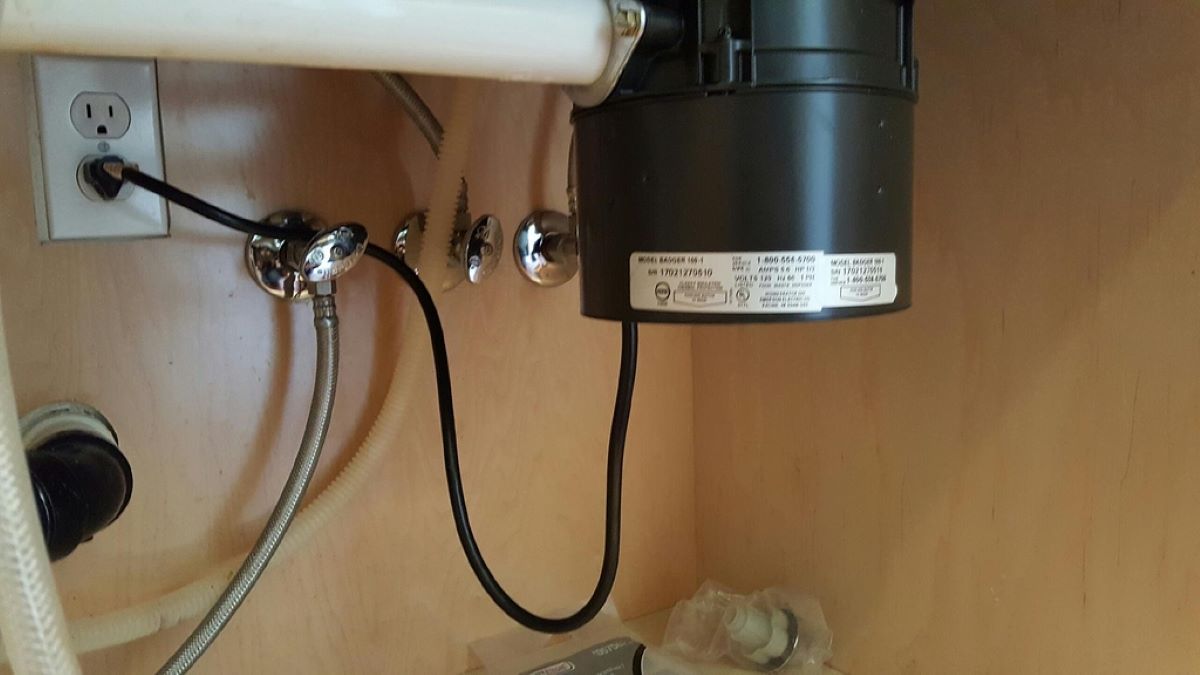
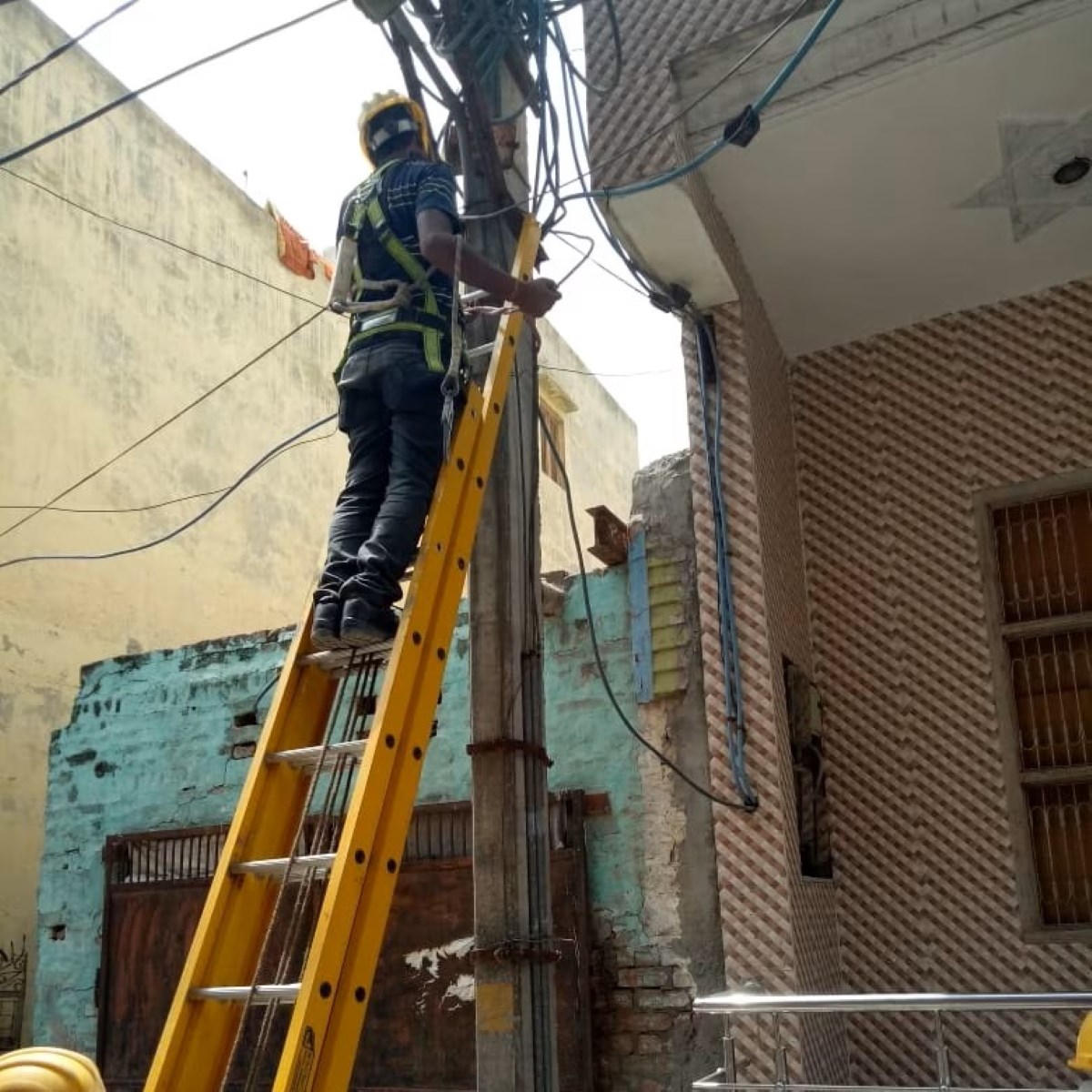
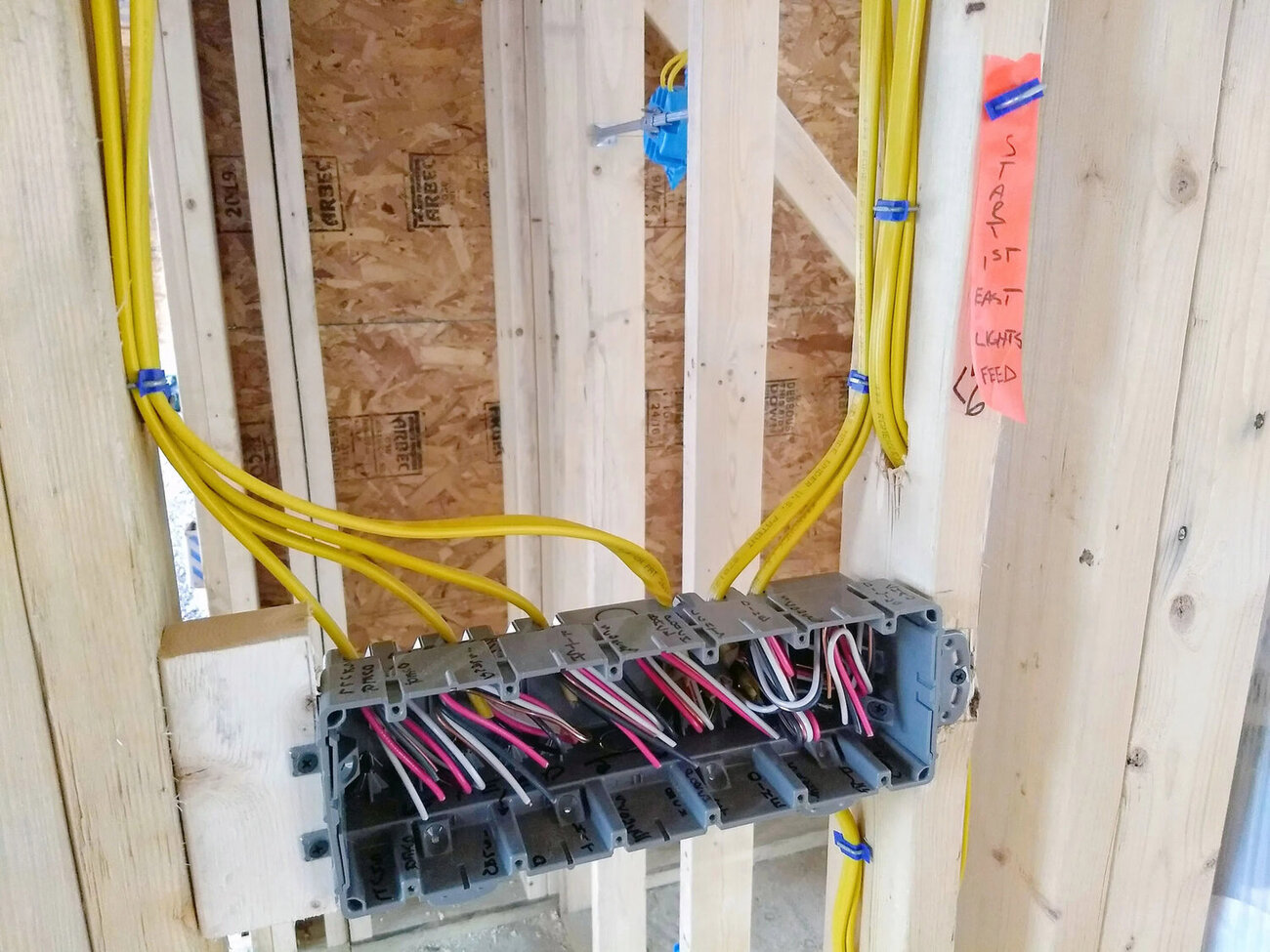
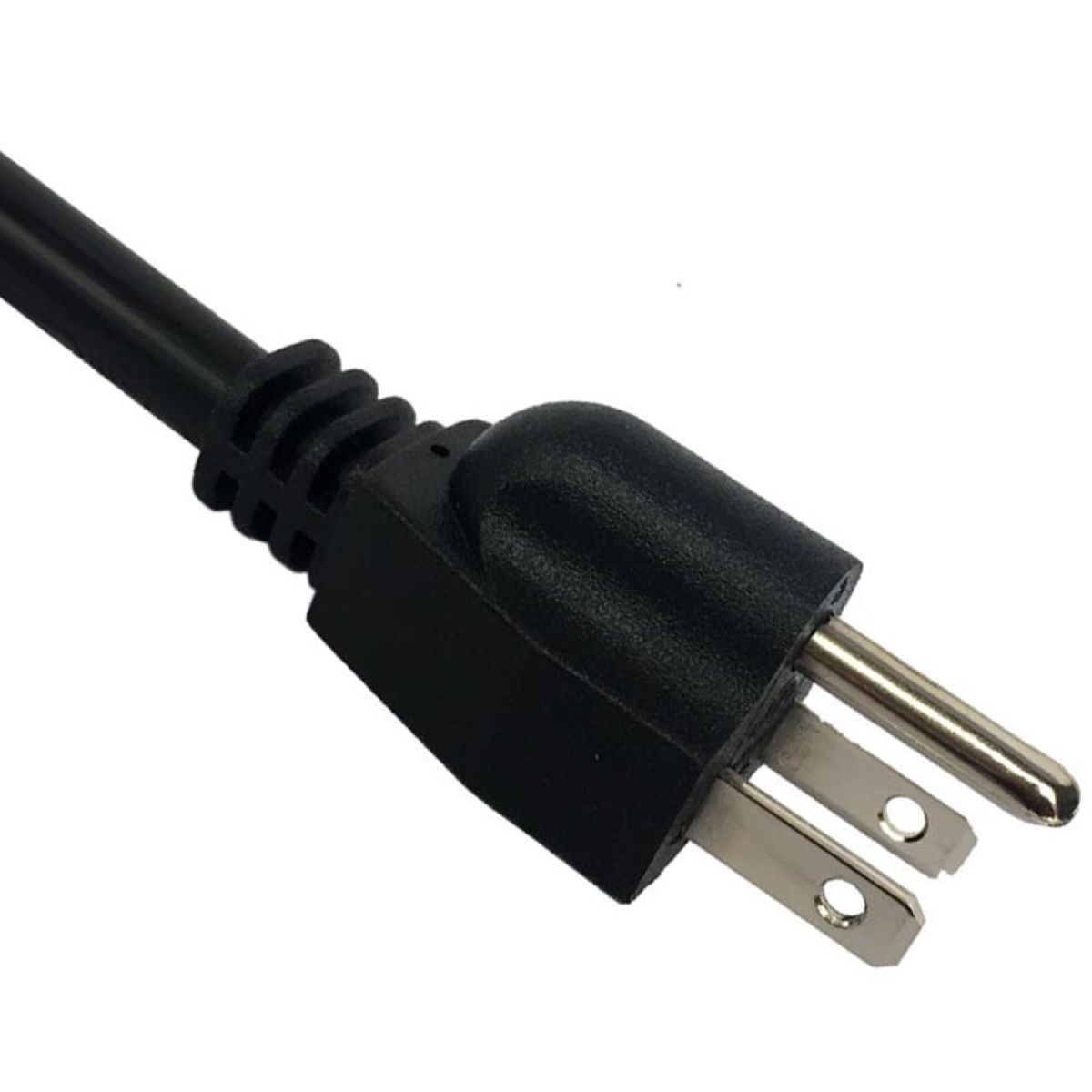
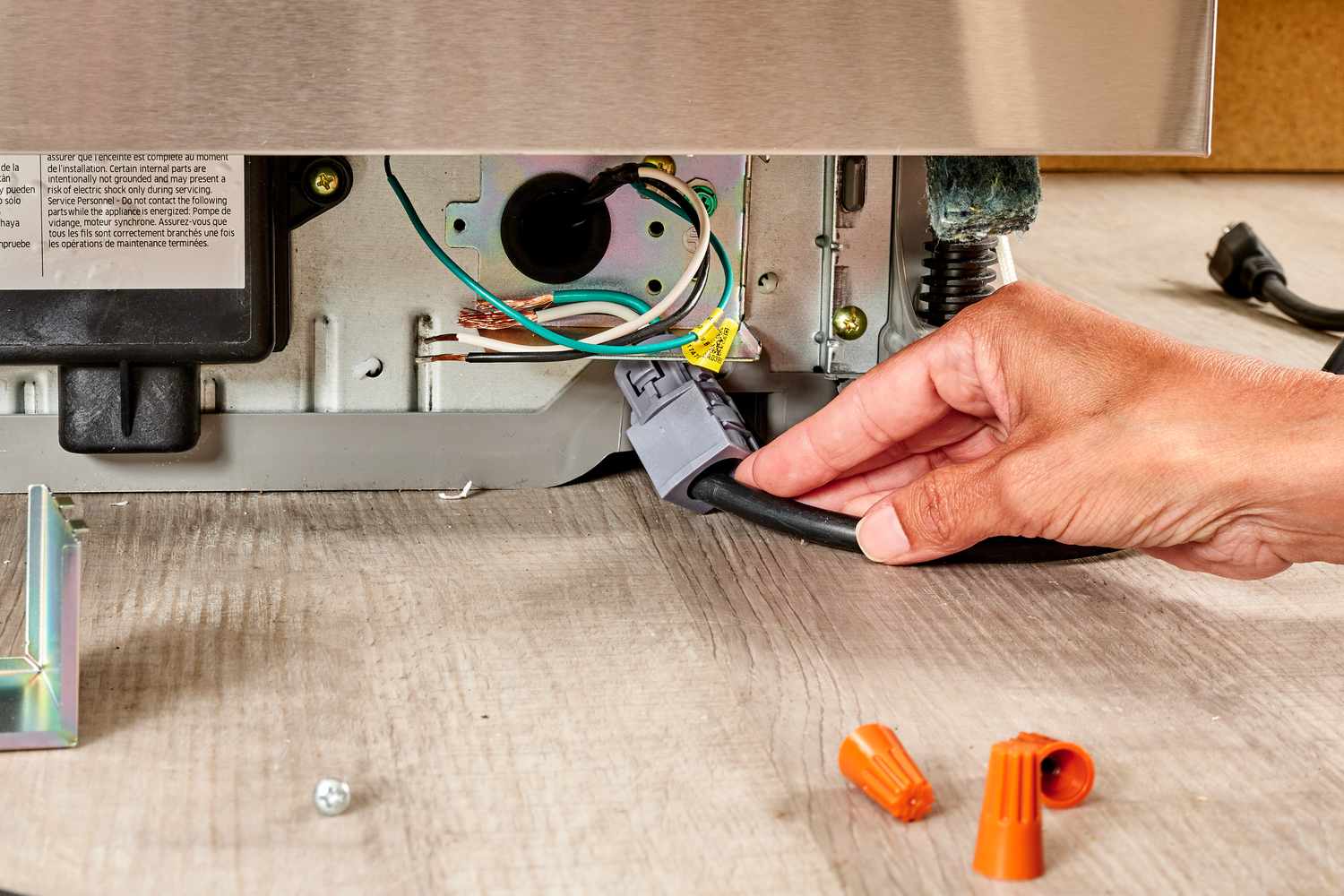

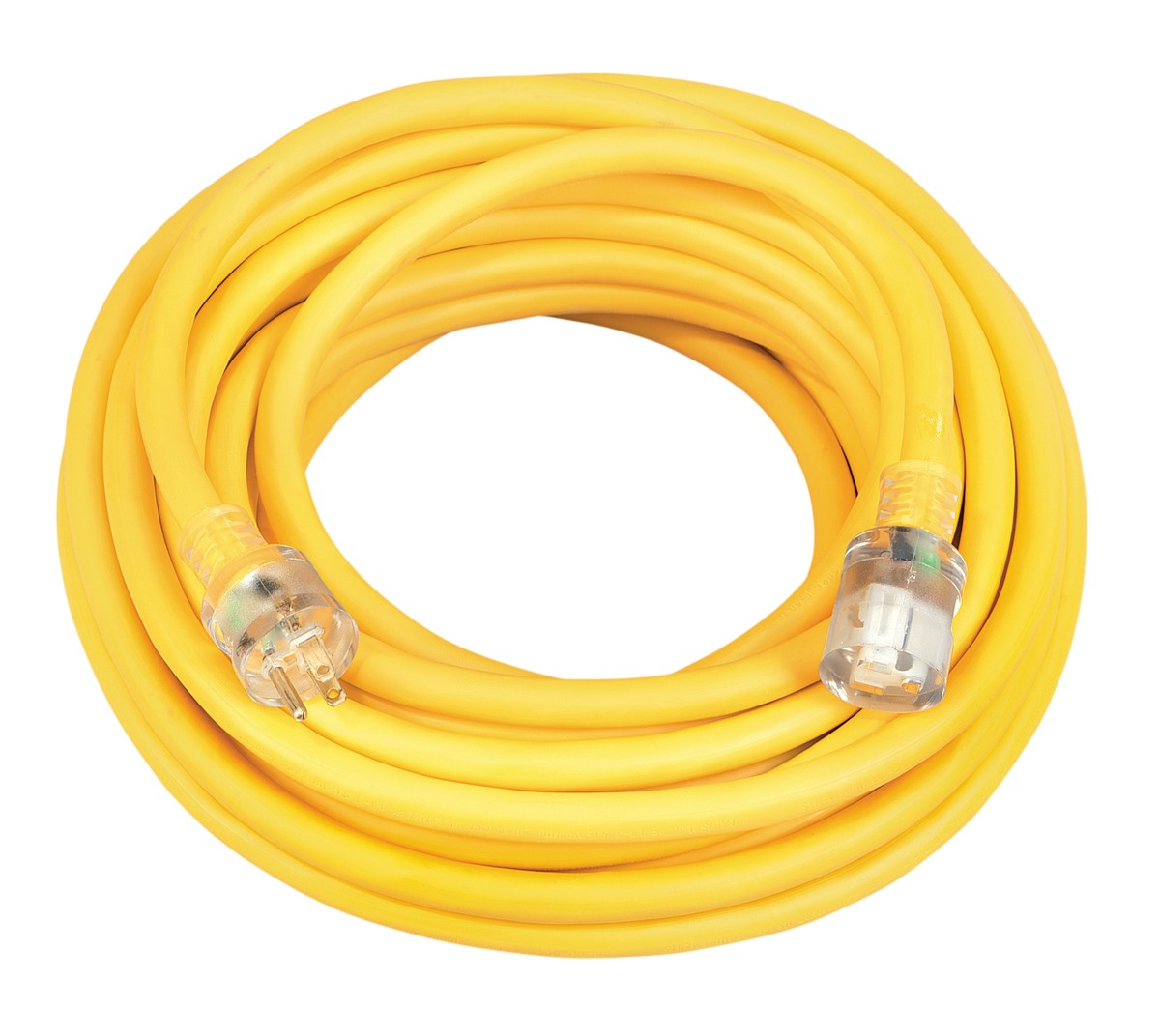
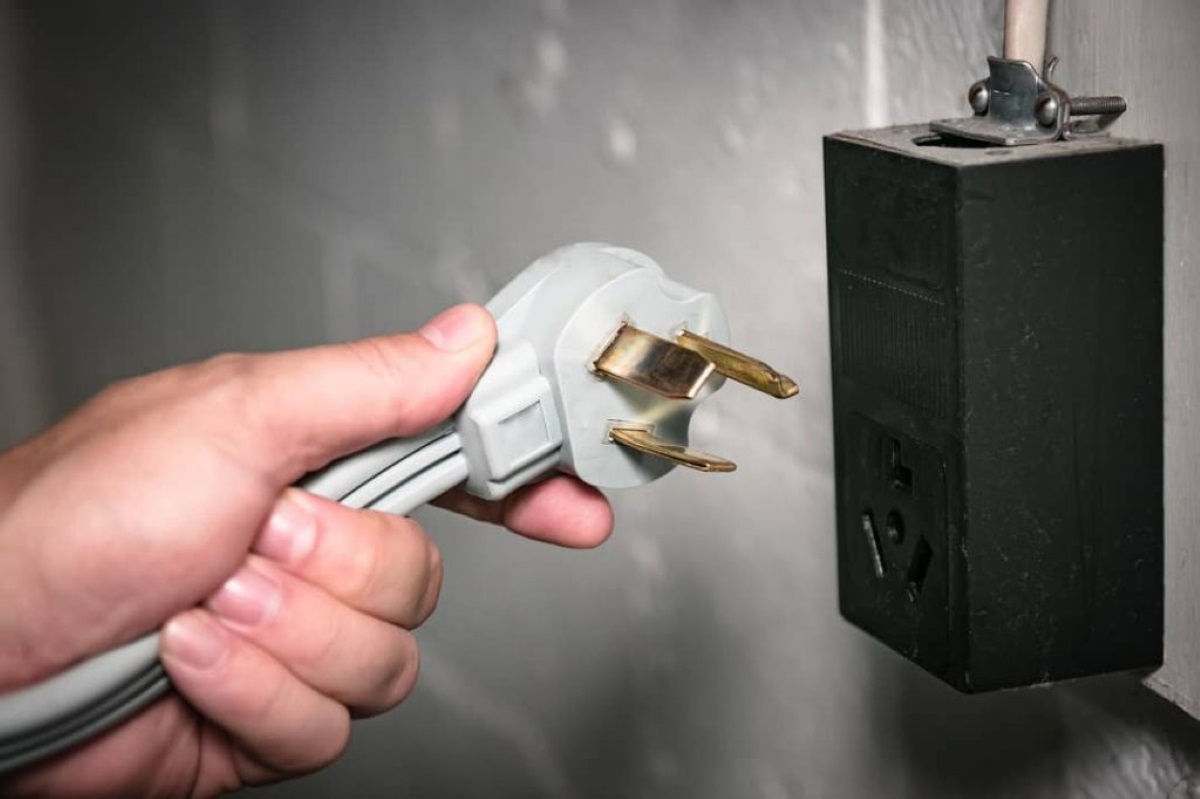
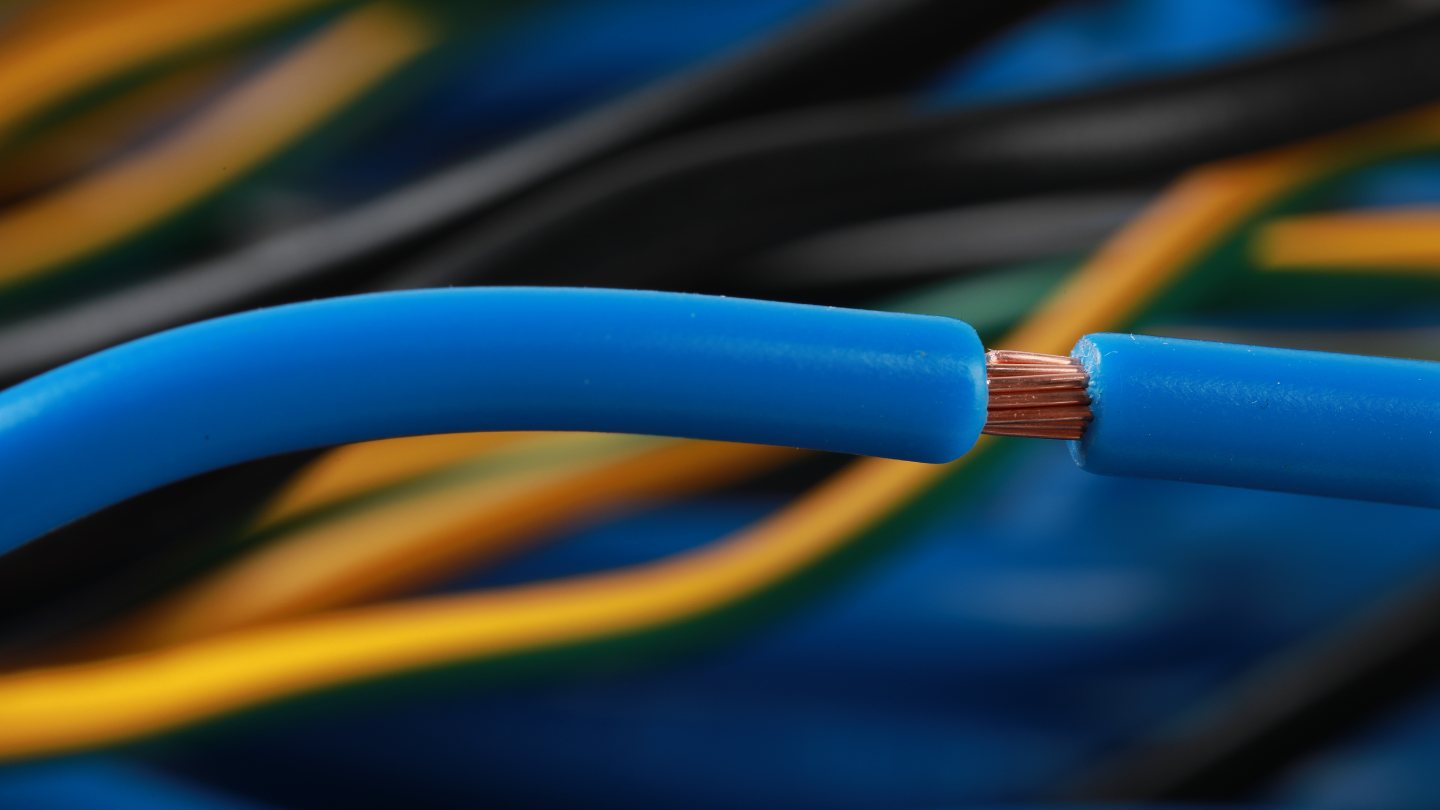
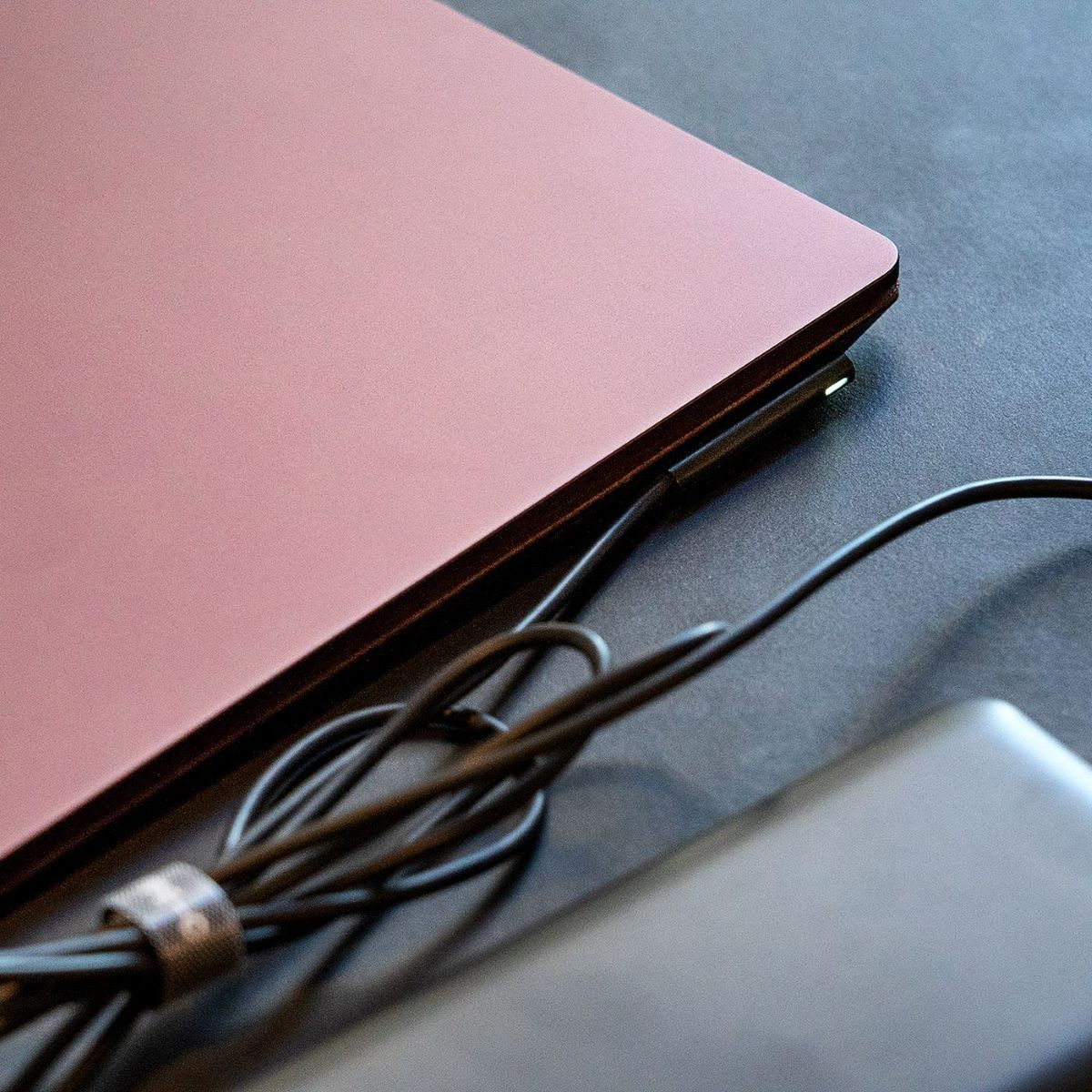

0 thoughts on “What Type Of Electrical Cord Is Used With A Dishwasher”